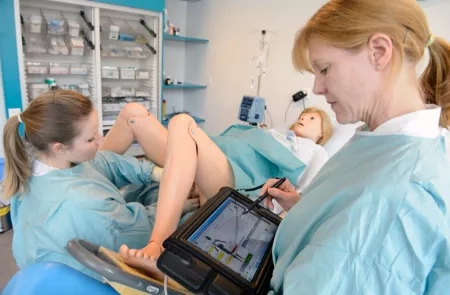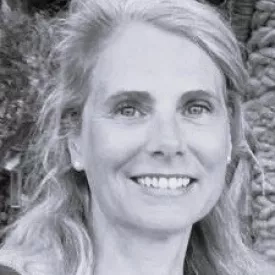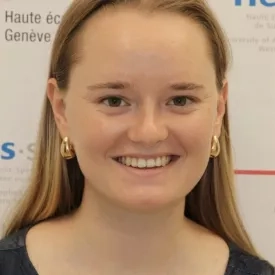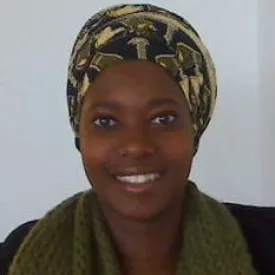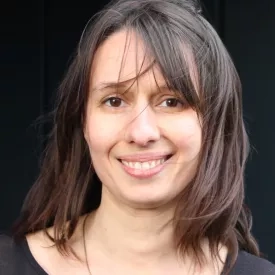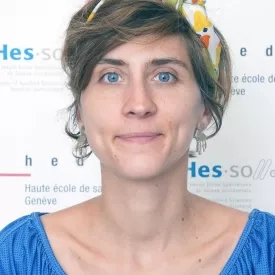The Bachelor’s degree in Midwifery aims to train professionals who are able to meet the needs of women and families, as well as the responsibilities associated with their role in the healthcare system.
To develop strong clinical skills, the curriculum alternates between theory and practice, both at the school and in clinical settings (university and regional hospitals, and independent practice at home, in private clinics or birthing centres).
The programme enables students to:
- acquire fundamental knowledge and skills
- develop reflective thinking
- apply theoretical knowledge to professional practice
- analyse situations and provide appropriate responses




